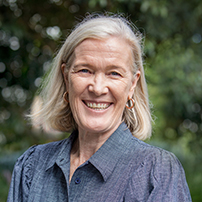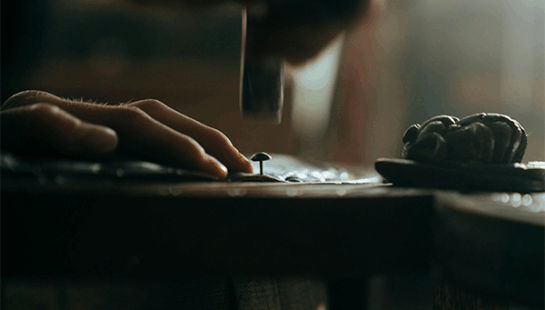I’ve never thought of myself as a greedy person. Like many people, I share with my friends, give regularly, help the odd stranger on the street.
But something happened recently, and I realised I’m not the selfless person I imagine myself to be.
Like a burst of glitter falling from the sky, Taylor Swift, who I’ve loved since her country music days, announced an upcoming tour in Australia. Swifties around the country gave a collective shriek of excitement, but then we did the maths. With only seven shows in Melbourne and Sydney, there wouldn’t be enough tickets to meet demand.
Days before the tickets went on sale, any veneer of selflessness I had fell away as I plotted my way to the front of the queue. I became a mastermind in Ticketek’s ordering process. Concert prices I would normally baulk at became an acceptable offering to claim my prize. Millions of Aussie fans would miss out, but I wasn’t going to be one of them.
First In The Queue Of Life
Here’s one thing the frenzy around Taylor’s concerts taught me: if self-interest is an engine, the only fuel it needs is the possibility of missing out.
If self-interest is an engine, the only fuel it needs is the possibility of missing out.
In Sydney, this beautiful yet ruthless city I call home, there’s a relentless race to the front of every queue. To make the best offer so you don’t miss out on a home. Be the best candidate for a well-paid job. Nab the best parking spot before someone else does. And who can forget the hoarding during COVID lockdowns, when packets of mince were in short supply?
It’s not wrong to strive for the things we want, but here’s the thing about queues. To be first, someone else has to go last. Someone will miss out on the home, the job, the food to feed their family.
As God’s people, how do we think about this? How do we come to terms with a system that feels so inherently unfair? And what does Jesus say about all of this? Something about the last coming first, and the first last? (Matthew 19:30 or Matthew 20:16)
I don’t have all the answers, but here are four things I find helpful as I try to connect our culture’s pursuit of self with my faith.
1. All Gifts Come From God
There’s something satisfying about being rewarded for our efforts. At Baptist World Aid, we see this constantly through the work of our Partners, who help people in poverty find ways to meet their needs.
But it’s also good to remember that everything we have—whether we earned it, or it fell into our lap—comes from God’s hand. If we find ourselves at the front of the queue, let’s not forget to give thanks to him, our generous Father who provides all that we need. Joyful contentment is a powerful anecdote to our culture’s constant push to be first in line.
2. God Sees Those At The Back Of The Queue
Right now, millions of people simply can’t get ahead—not due to lack of effort, but the circumstances they were born into. Consider this:
- COVID lockdowns hit low-income countries harder than high-income ones, pushing 115 million people who were already struggling further into poverty.
- Around the world 129 million girls can’t go to school, which means they are three times more likely to end up in child marriage, robbed of a future.
- Garment workers in Bangladesh typically earn the equivalent of $126 AUD a month – a third of a living wage. In comparison, in Australia, we spend around $176 a month on footwear and clothes alone.
God sees those who don’t have opportunities to progress, and he cares for them, giving them the seat of honour at his table (Psalm 113:-7-8). As his people, do we see them too?
3. The Last Will Be First, And The First Will Be Last
When it comes to pushing to the front of the queue, James and John’s mother was a pro. The ultimate helicopter mum, she asked Jesus if her sons could have the honoured position of ruling by his side (much to the indignation of the other disciples). As a mum, I can somewhat relate. Who doesn’t want the best for their kids?
Jesus’ response is unexpected. While people thought he came to lord it over everyone, his mode of operation was—and still is—to serve, for ‘whoever wants to become great among you must be your servant’. Do we take God’s upside-down kingdom seriously? Even if it means having less, so that someone at the back of the queue can have a fair go?
4. One Day There Will Be No Queue
One day the old order of things—injustice, inequality, even the niggling selfishness in our hearts—will pass away. Queues will no longer be needed, as everyone will have a full access pass to the best event ever, one that has no end.
This future fills me with hope, but I also find it challenging.
In light of what’s coming, how are we called to live? Our culture will continue to pit people against each other in the race to be first for the rest of time. But as followers of Jesus, we have an opportunity to be different. We can seek to not only see those at the back of the queue, but actively find ways to step aside and honour them as Jesus does.



 Melissa Lipsett,
Melissa Lipsett,

 Heather Keith,
Heather Keith,